The partnership between the government of Chad and African Parks has given rise to one of Chad’s most astounding conservation success stories. Today, Zakouma is widely recognised as an exceptional wildlife destination, named in 2019 by TIME magazine as one of the World’s Greatest Places. In 2022, a new partnership agreement was signed with the Ministry of Environment and the Ministry of Tourism, strengthening ties and further encouraging the development of tourism in Chad.
The park’s Tinga Camp, Camp Nomade, and Camp Salamat have seen an influx of local and international tourists, which in turn boosts local employment and economic opportunities.
